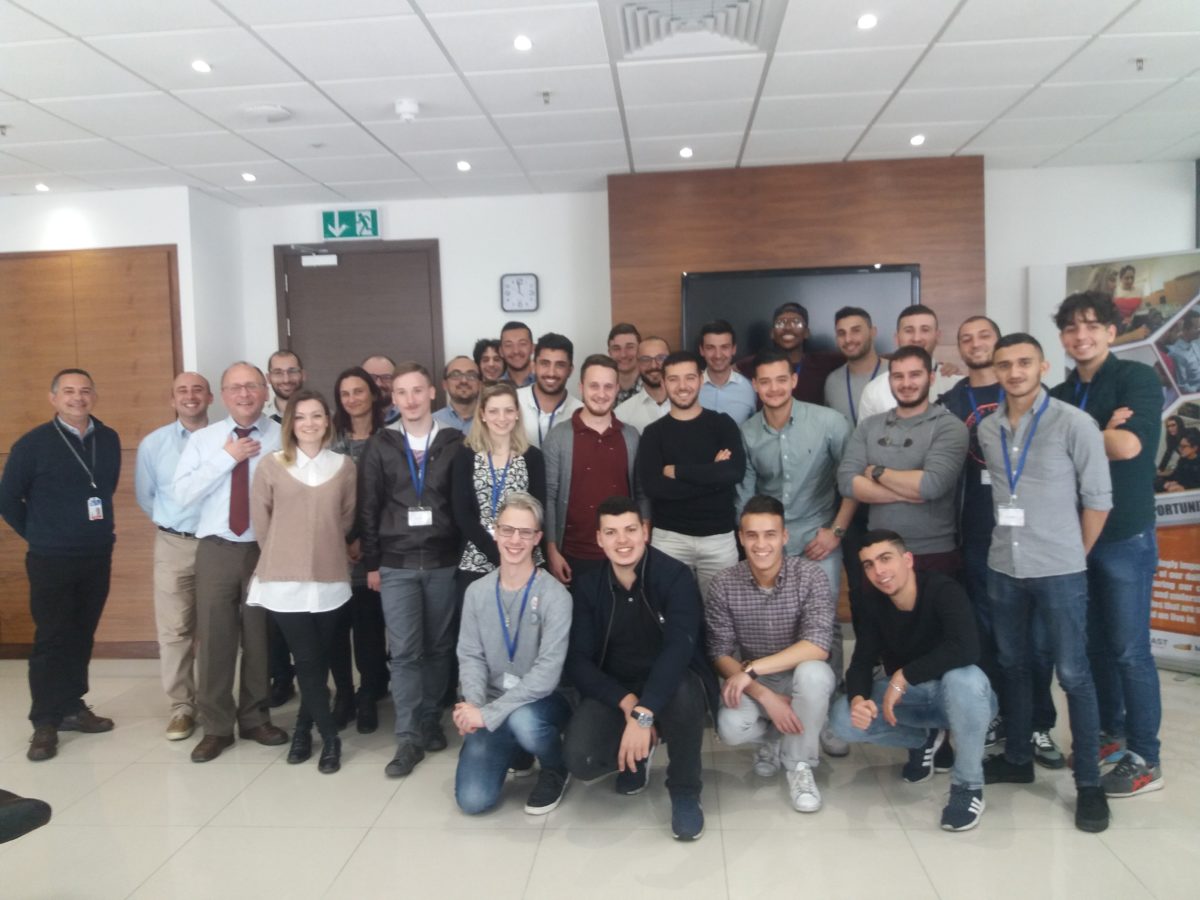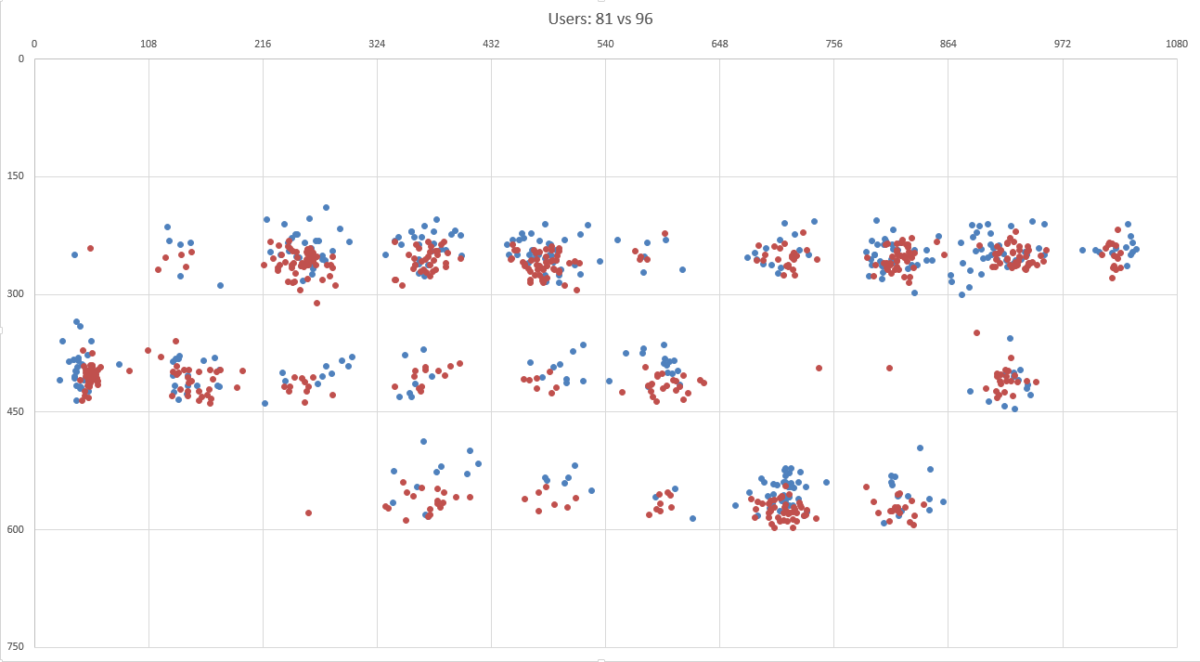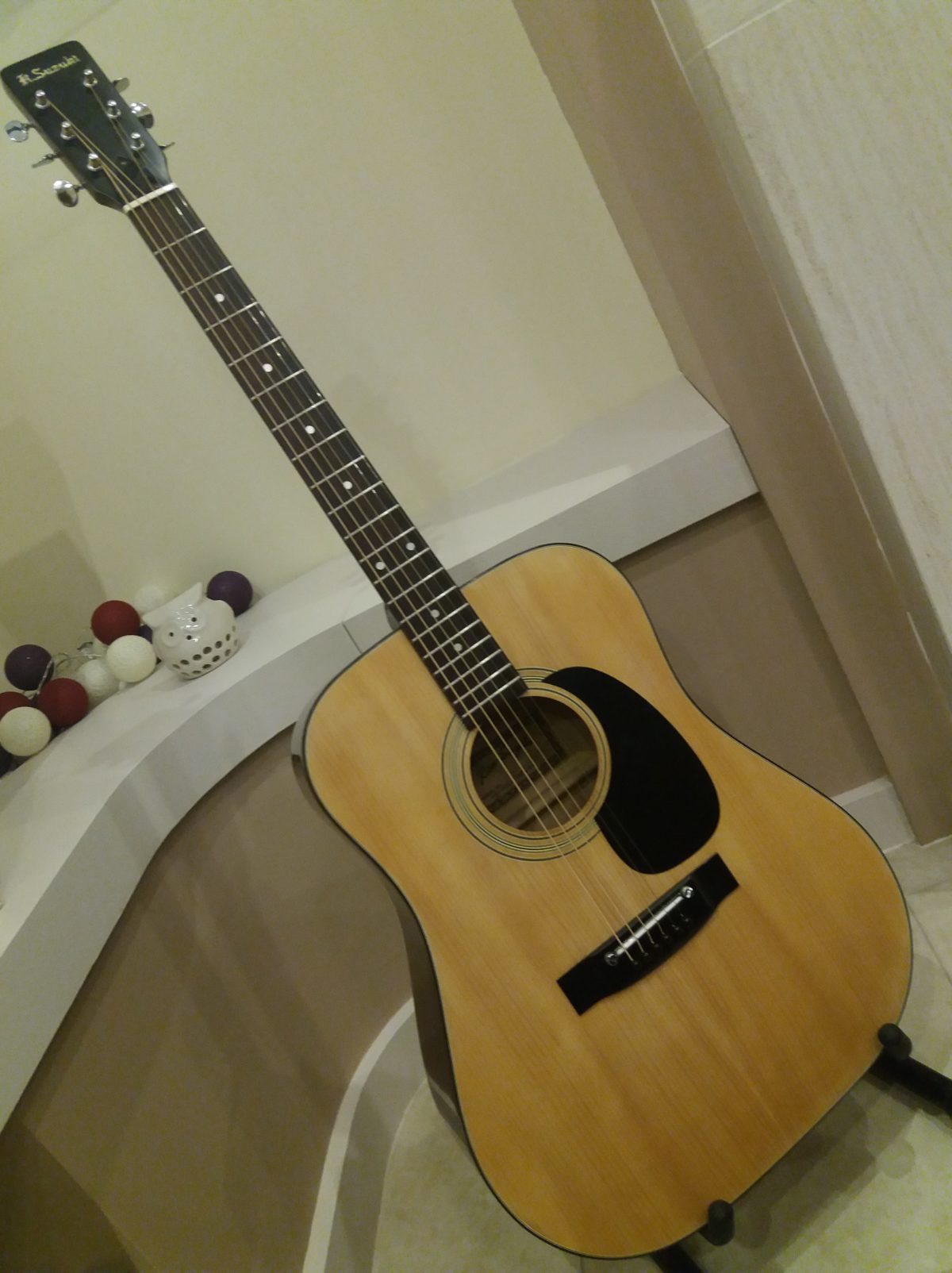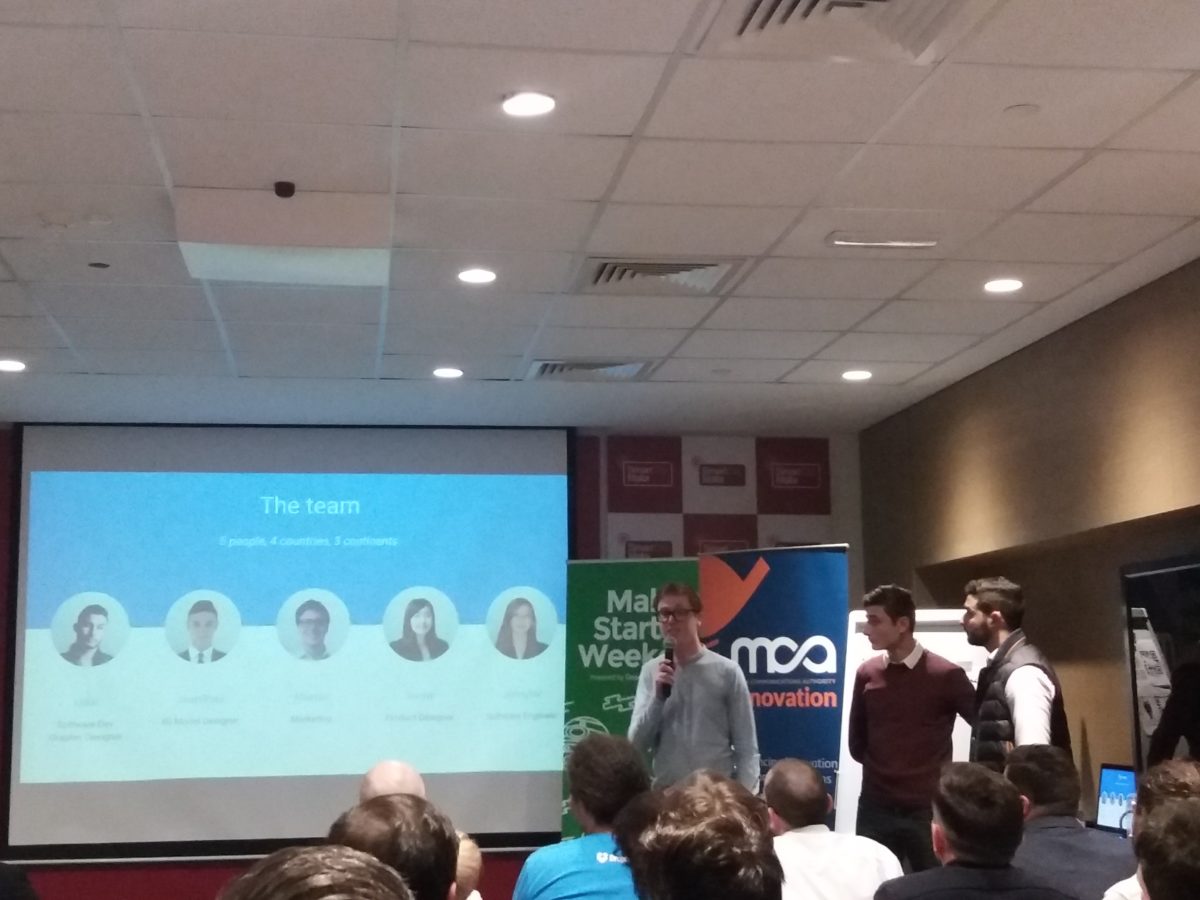PingFin 8 @ Malta – Closure & Thanks
It has been my pleasure and honour to chair the PingFin 8 workshop at Malta. I am pleased to inform you that we have ended the PingFin 8 workshop at Malta with great success. It has been a formidable 4-day experience and a real pleasure to share with a lot of talented people. I believe that all participants have learnt a lot and enjoyed themselves, we have also managed to complete design and implementation of 2 clearing house and 2 bank teams, had we had some more time, the other teams would have also finished.
I would like to take this opportunity to thank a number of persons who were an integral part of this workshop, starting with Odisee University for having us as their partner and for coordinating this event at an international level. Thank you, Yvan Rooseleer and Stefaan Debrabandere for your invaluable time and support. This year, we have had a number of guests to deliver the professional side of SEPA, namely Mr Joseph Mallia and Mr Emerson Amaira from Central Bank of Malta, Mr David Grech and Mr Aaran Calafato from MITA.
This year, MITA has increased its support at different levels, thanks to: Mr Carm Cachia and Ms Bernardette Zerafa from eSkills Malta Foundation for their financial support; thanks to Mr Alexander Borg, Ms Deborah Maria Schiavone and Ms Tea Vrcic from MITA Innovation Hub for the venue, refreshments, laptops, service and support.
This is a testament that MCAST puts the student experience at the forefront and I would like to thank: the Principal & CEO, Mr Stephen Cachia, IICT Director Mr Conrad Vassallo and IICT Deputies Mr Mark Anthony Farrugia and Mr Jean Paul Tabone; IICT admin team Ms Stefania Aquilina, Ms Cher Tonna, Ms Nadia Schembri and Ms Sephora Said. I would like to thank my colleagues from my heart for their invaluable support, I would not have been able to do this without their help: Mr Alan Gatt, Mr Luke Vella Critien and Mr Robert Abela.
We are really glad to have hosted this event and hope that MCAST represented the Maltese culture and personality with our foreign visitors. It has been a real pleasure having you: Alpay Topalka, Ayoub Houari, Azeddine El Hammouchi, Berton Lutina Mulamba, Mohamed Lammou, Redouan Belguenani, Said Hadj, Walid Haouriqui and Yassine Azouagh.
My last, but not least, thanks go to the local students who have shown great dedication and respect to the visiting students, the hosts, the guests and staff. You have made MCAST proud and made a very positive name for yourself. Well done and thank you: Alistair Azzopardi, Andre Grech, Damian Fenech, Dylan Fenech, Francesca Micallef, Geordey Gatt, Jamie Lee Dingli Sacco, Jean-Paul Caruana, Kurt Montanaro, Luke Benjamin Cassar, Martin Meli, Michael Vella, Sigmond Gatt and Zack Gatt.











 .
.